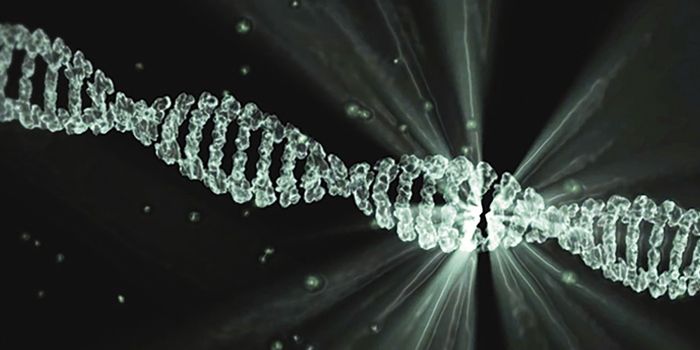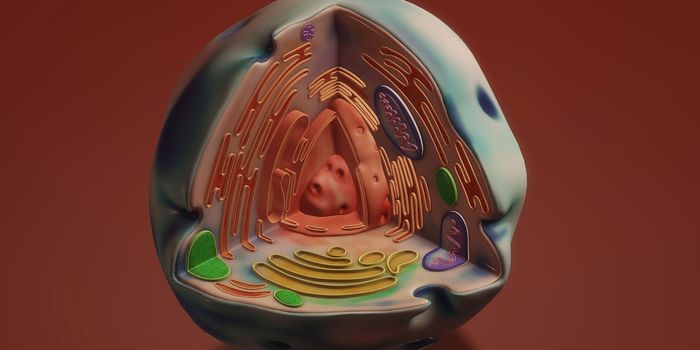Researchers have located and narrowed down the number of genes that play a role in diabetes. The crucial development is expected to help predict who might develop Type 1 diabetes and how to prevent it.
For a new study, researchers gathered information about the genetic makeup of 27,000 people, including those who had Type 1 diabetes and others who did not. They then began looking for individual differences in DNA that raise the risk of Type 1 diabetes.

Starting with 200,000 possible locations in the genome, they used a technique known as fine mapping to pinpoint DNA sequence variations that can lead to diabetes. In some genomic regions, the number of disease-causing DNA variations-known as single nucleotide polymorphisms or SNPs-were narrowed down from the thousands down to five or less.
Game-changer
"It's a game-changer for Type 1 diabetes," says Patrick Concannon, director of the University of Florida Genetics Institute.
The results will make future diabetes research more effective and efficient by offering the most detailed directions yet about where to look for genetic variations that cause Type 1 diabetes-and perhaps other autoimmune diseases such as arthritis, Concannon says.
"We've taken this genetic data, which was interesting but hard to work with, and we've condensed it down into something that people can actually use to begin to explore the mechanism of the disease. It moves it out of the realm of genetics to being broadly applicable to Type 1 diabetes research."
Type 1 diabetes occurs when the body's immune system kills off insulin-producing cells in the pancreas. Some 3 million people in the United States have the disease. Experts don't know exactly what causes the disease but suspect that genetics and environmental factors may play a role.
Tailored treatments
The findings are the most comprehensive yet in the effort to locate and identify the genetic risk variants for Type 1 diabetes and other autoimmune diseases, says Todd Brusko, a member of the UF Diabetes Institute and assistant professor of pathology, immunology, and laboratory medicine.
Researchers can now shift away from trying to determine which genes heighten the risk for diseases like Type 1 diabetes and focus on how genetic changes alter immune cell activity that could eventually lead to new treatments that prevent or stop Type 1 diabetes and other automimmune diseases.
"Ultimately, this information will allow researchers and clinicians to tailor treatments to correct underlying defects in the immune system that allow for autoimmune disease development," Brusko says.
The findings are significant because certain interactions within the genome can now be analyzed to identify which genes and regulatory sequences cause the disease, says Stephen S. Rich, the study's lead author and the director of the Center for Public Health Genomics at the University of Virginia.
Defining the variants that cause Type 1 diabetes may lead to new therapeutic targets and treatments.
Researchers from the Massachusetts Institute of Technology, Harvard University, and University of Cambridge in England contributed to the study.
Written by Doug Bennett-University of Florida









